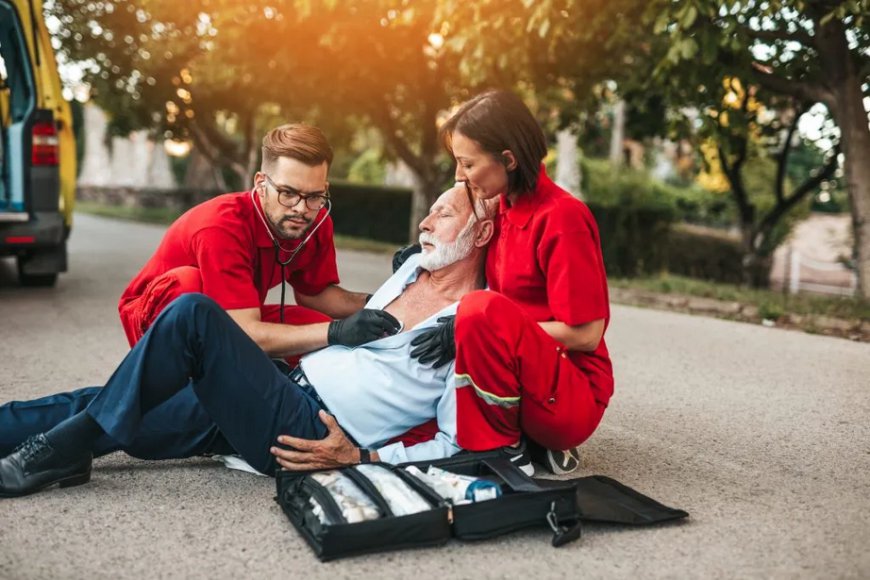HOW DO I PROVE NEGLIGENCE IN A PERSONAL INJURY CASE?
When it comes to personal injury cases, proving negligence is crucial for a successful outcome. However, navigating the legal complexities can be overwhelming. In this blog post, we will provide you with a step-by-step guide on how to prove negligence in a personal injury case.
When it comes to personal injury cases, proving negligence is crucial for a successful outcome. However, navigating the legal complexities can be overwhelming. In this blog post, we will provide you with a step-by-step guide on how to prove negligence in a personal injury case. Whether you’re a victim seeking justice or a business owner defending against a claim, understanding the process will empower you to make informed decisions.

1. Gather Evidence
Building a strong case starts with gathering compelling evidence. Collecting accident reports, photographs, witness statements, medical records, and any other relevant documentation can significantly strengthen your claim. Ensure that all evidence is properly documented, organized, and readily accessible for your legal team.
2. Establish Duty of Care
The first element of negligence is establishing the defendant’s duty of care towards the injured party. Duty of care refers to the legal obligation to act reasonably and responsibly to prevent harm. Your attorney will help you demonstrate that the defendant owed you a duty of care based on the circumstances surrounding your case.
3. Prove Breach of Duty
Once duty of care is established, the next step is to prove that the defendant breached that duty. This involves showing that their actions or lack thereof fell short of the expected standard of care. Your legal team will investigate the facts surrounding the incident, consult industry experts if necessary, and present compelling arguments to demonstrate the defendant’s negligence.
4. Show Causation
Causation is a crucial element in proving negligence. You must establish a clear link between the defendant’s breach of duty and the injuries you sustained. Your attorney will gather medical records, consult with healthcare professionals, and present expert testimony to establish a direct connection between the defendant’s actions and your injuries.
5. Demonstrate Damages
The final step is to demonstrate the damages you have suffered as a result of the defendant’s negligence. This includes both economic and non-economic damages such as medical expenses, lost wages, pain and suffering, emotional distress, and any other losses directly related to your injury. Your legal team will help you calculate and present a comprehensive assessment of your damages.
Contact Our Modesto Personal Injury Lawyers
Proving negligence in a personal injury case requires a strategic approach and a thorough understanding of the legal process. By following these steps and working closely with an experienced personal injury attorney, you can build a strong case and increase your chances of receiving the compensation you deserve.
At Swingle, Van Egmond & Heitlinger, our team
of dedicated Modesto personal injury attorneys has a proven track record of successfully proving negligence in personal injury cases. We understand the complexities involved and are committed to providing you with the highest level of legal representation.
Contact us online or call our office at (209) 522-2211 to speak with a personal injury attorney in Modesto today.

 shwlawca
shwlawca